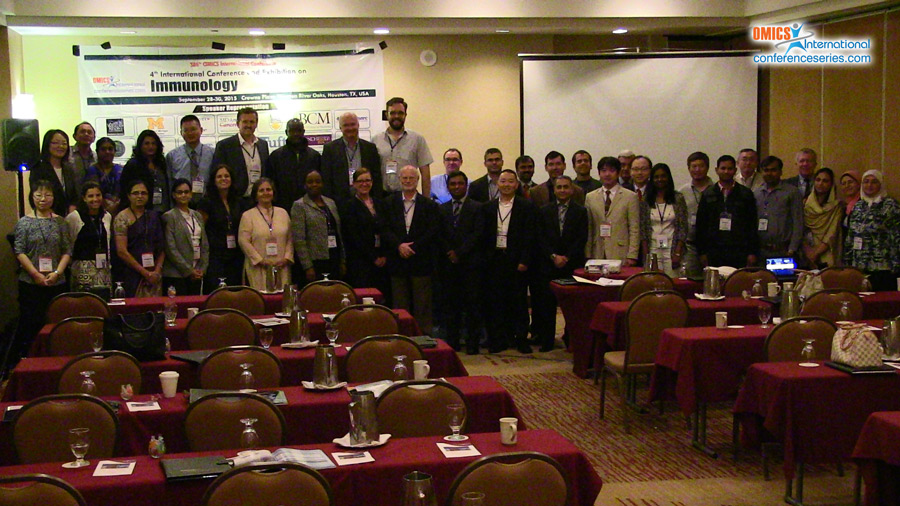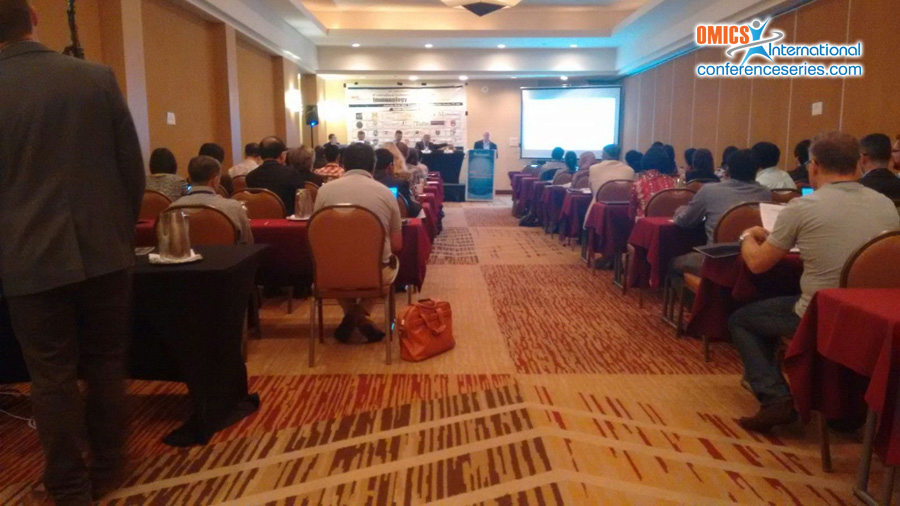Tatiana Barichello
The University of Texas Health Science Center at Houston, USA
Title: The neuroimmunological basis of long-term behavioural sequelae in bacterial meningitis
Biography
Biography: Tatiana Barichello
Abstract
Bacterial meningitis is a life threatening infection associated with cognitive impairment in many survivors. The pathogen invades the central nervous system (CNS) by penetrating through the luminal side of the cerebral endothelium, which is an integral part of the blood-brain barrier (BBB). The replication of bacteria within the subarachnoid space occurs concomitantly with the release of their compounds that are highly immunogenic. These compounds known as pathogen-associated molecular patterns (PAMPs) are recognized by antigen-presenting cells through the binding of Toll-like receptors, triggering an inflammatory cascade. This in turn produces cytokines and chemokines, increases adhesion molecule expression and attracts leukocytes from the blood. This cascade leads to lipid peroxidation, mitochondrial damage and blood-brain barrier permeability. In spite of effective antibacterial treatments, approximately one third of survivors suffer from long-term sequelae, such as hearing loss, cerebral palsy, seizures, hydrocephaly or cognitive impairment. Our understanding of the pathophysiology of bacterial meningitis is mostly based on observations of human cases and studies in rodent experimental models. In experimental bacterial meningitis the levels of tumour necrosis factor-alpha (TNF-α), interleukin (IL)-1β, IL-6, and cytokine-induced neutrophil chemoattractant-1 (CINC-1) were detectable in the brain in the first 24 hours post-infection. These cytokines were increased simultaneously with a decrease of enzymatic defence, an increase of oxidative stress production, and the BBB disruption. The rodents also showed long-term cognitive impairment, depressive-like, and anxiety-like behaviours however, the imipramine treatment reversed depressive-like and anxiety-like behaviours, re-established hippocampal brain-derived neurotropic factor (BDNF) and glial cell line-derived neurotrophic factor (GDNF) expression, and normalized adrenocorticotropic hormone(ACTH) levels in the blood. In an attempt to minimise the long-term cognitive impairment, rodents that were subjected to bacterial meningitis were exposed to different adjuvant treatments: N-acetylcysteine and deferoxamine, inhibition of matrix metalloproteinases, complex B vitamins, erythropoietin, and tryptophan pathway inhibition. These compounds presented neuro-protective properties and prevented long-term cognitive impairment in experimental bacterial meningitis.
Speaker Presentations
Speaker PDFs
Speaker PPTs Click Here



